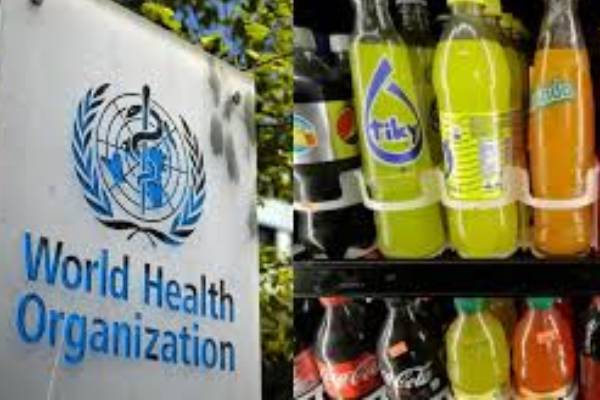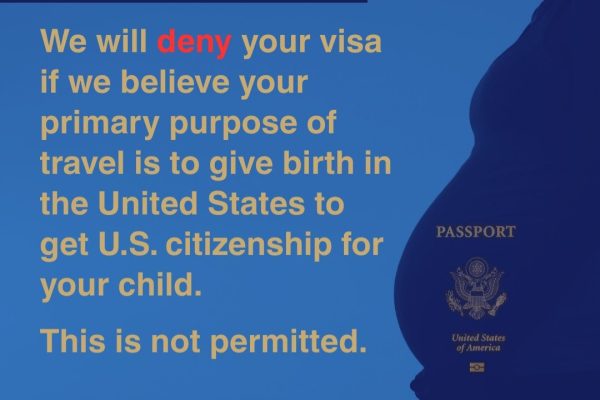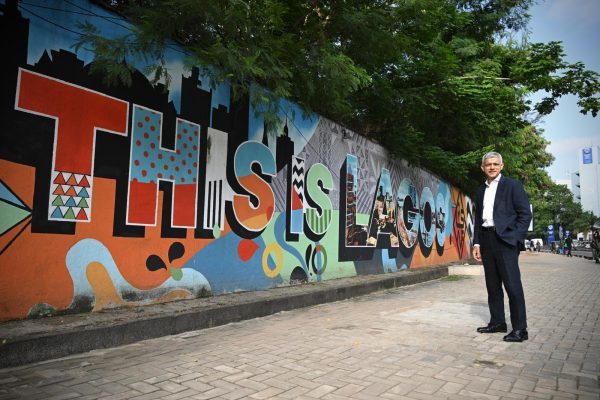The World Health Organization (WHO) is calling on Nigeria and other member nations to implement a 50% tax increase on sugary beverages, alcohol, and tobacco products over the next decade. The move is aimed at tackling the surge in non‑communicable diseases (NCDs) like diabetes, heart disease, and cancer while also generating essential revenue for strained health systems.
This initiative is part of WHO’s broader “3 by 35” strategy, which seeks to raise the real prices of these unhealthy products by 50% by 2035. The goal is to curb consumption, reduce the burden of chronic illnesses, and raise up to US $1 trillion globally—funds that could strengthen healthcare, education, and social welfare
Dr. Jeremy Farrar, WHO’s Assistant Director-General for Health Promotion, emphasized that “health taxes are one of the most efficient tools we have”, citing their dual impact of reducing harmful consumption and generating revenue

WHO points out that nearly all deaths worldwide—over 75%—are due to NCDs. A single 50% price hike on alcohol, sugary drinks, and tobacco could potentially prevent up to 50 million premature deaths over fifty years
Nigeria’s own National Sugar Tax Coalition is urging the government to follow WHO’s lead. It suggests raising the current tax from N10 to N130 per litre of sugar-sweetened beverages, citing studies that show significant health and fiscal benefits
📌 Why This Matters for Lagos & Nigeria
-
Non‑communicable disease burden: Rising incidence of diabetes, hypertension, and cancers in Lagos highlights a need for stronger public health interventions.
-
Healthcare funding gap: Nigeria’s health system is underfunded, and sin taxes could provide crucial revenue.
-
Behavioral shift: Higher prices on unhealthy products may encourage consumers to make healthier choices.
-
Local policy relevance: Lagos policymakers and stakeholders should closely monitor this WHO recommendation and consider similar fiscal measures.

🔧 How Lagos Can Follow Through
-
Implement excise tax reforms targeting NCD warning categories.
-
Allocate revenue toward expanded community health programs, especially in underserved urban areas.
-
Combine tax policy with public education campaigns on healthy lifestyle choices.
-
Counter industry pushback by ensuring transparent use of funds and highlighting long‑term health gains.
📈 Conclusion
WHO’s 50% price hike recommendation for sugary drinks, alcohol, and tobacco isn’t just a global health directive—it’s a roadmap for countries like Nigeria and Lagos to improve public health, reduce preventable deaths, and fund vital services. As Nigeria considers the next Finance Bill, Lagos-based media and advocacy should frame this as an opportunity to drive equitable and sustainable health policy.






